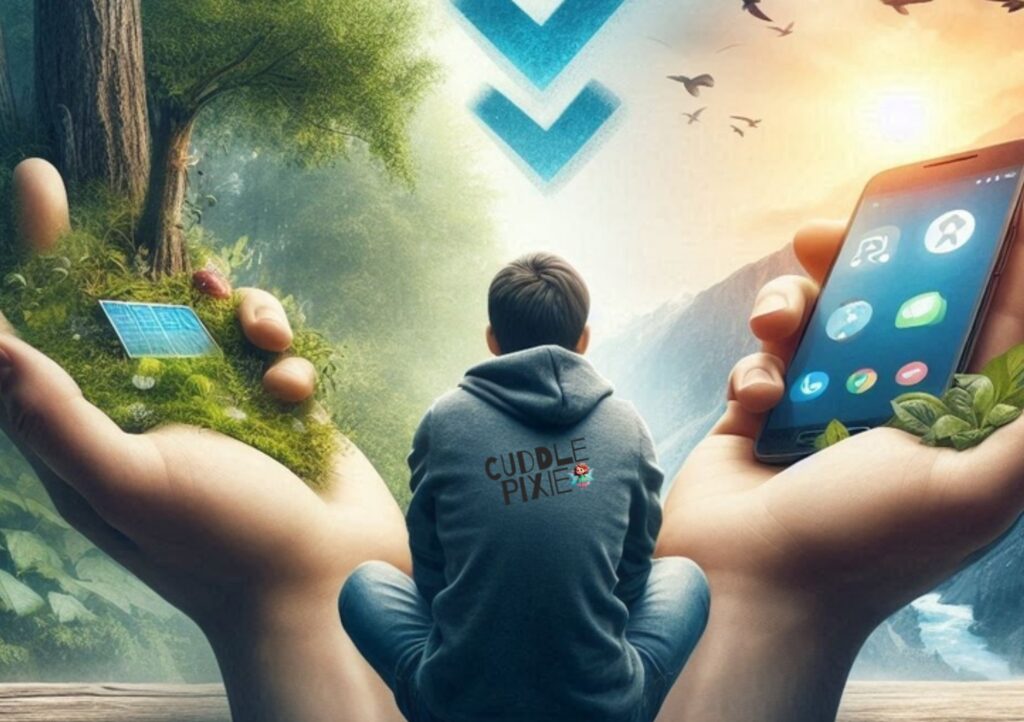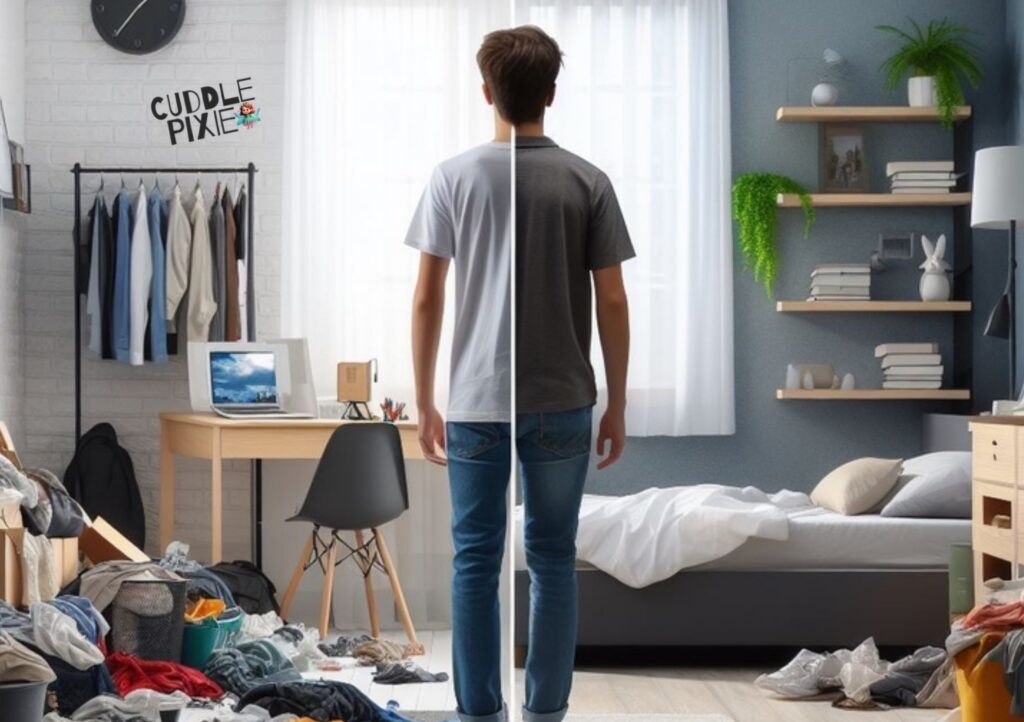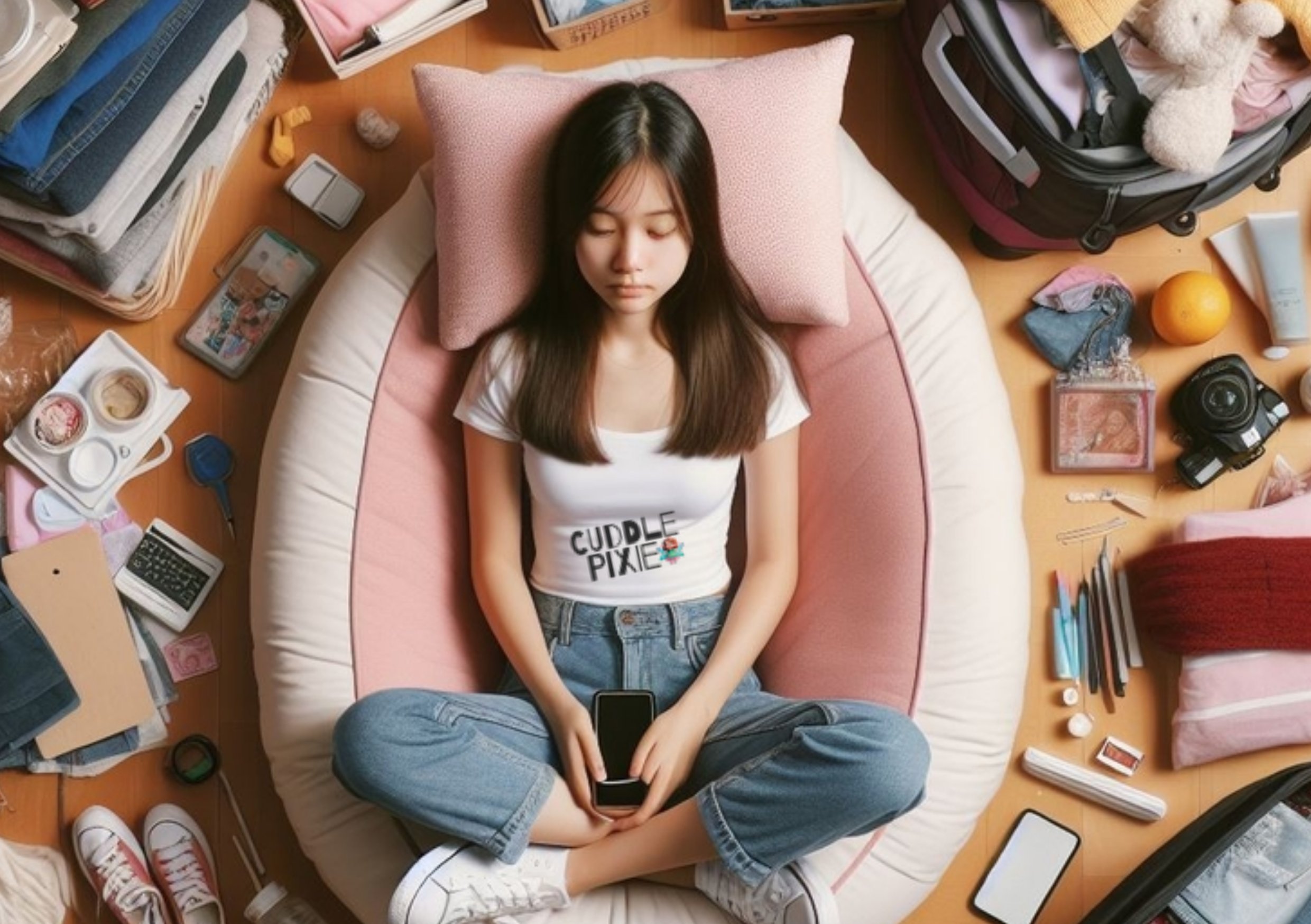key Highlight:
- Lorelei’s journey towards minimalism began with a realization: she didn’t need all the things weighing her down.
- By decluttering her physical space and simplifying her digital habits, Lorelei reclaimed precious moments of her day and felt more present and engaged.
- Teenagers around the world are embracing minimalism as a way to reclaim their time, energy, and autonomy in a culture that celebrates excess.
- Minimalism offers teenagers like Lorelei the opportunity for self-discovery and personal growth, inviting them to reflect on what truly brings them joy and fulfillment.
In the whirlwind of teenage life, simplicity often seems like a distant dream, obscured by the constant demands of school, social activities, and digital distractions. Yet, amidst the chaos, there’s a growing movement among teenagers to embrace minimalism—a lifestyle focused on intentionally simplifying one’s possessions, activities, and mindset. For many teens like Lorelei, this journey towards minimalism isn’t just about decluttering physical spaces; it’s about finding clarity, freedom, and authenticity in a world saturated with excess.
Lorelei, a 17-year-old high school student living in suburban America, knows all too well the feeling of being suffocated by stuff. Her room, once a sanctuary, had become a cluttered maze of clothes, books, and gadgets. I felt like I was drowning in stuff, she recalls.
Every time I walked into my room, I felt overwhelmed and anxious.
But Lorelei’s journey towards minimalism didn’t happen overnight. It began with a simple realization: she didn’t need all the things that were weighing her down. Inspired by minimalist influencers she discovered online and motivated by a desire for change, Lorelei embarked on a mission to simplify her life, one step at a time.
The first step? Decluttering her physical space. Lorelei set aside a weekend to tackle her room, armed with boxes for donation and a determination to let go of anything that no longer served her. Clothes that no longer fit or brought her joy were bagged up and donated to charity. Books she had already read were passed on to friends or donated to the local library. Knick-knacks and trinkets that cluttered her shelves were carefully curated, with only the most meaningful items earning a spot in her newly simplified space.
It was liberating, Lorelei recalls. As I watched the piles of clutter disappear, I felt like a weight had been lifted off my shoulders. I could breathe again.
But minimalism isn’t just about decluttering physical possessions; it’s also about simplifying the mind. For Lorelei, this meant reevaluating her digital habits and reducing her screen time. I used to spend hours mindlessly scrolling through social media, she admits.

But I realized that all those likes and comments weren’t bringing me any real happiness. So, I made a conscious effort to disconnect and focus on what truly mattered to me.
With each swipe of her phone, Lorelei reclaimed precious moments of her day, dedicating more time to hobbies she loved, like painting and hiking, and fostering deeper connections with friends and family.
I felt more present, more engaged in the world around me, she says. And that’s when I knew I was on the right path.
Lorelei’s journey towards minimalism isn’t unique. Across the globe, teenagers are embracing the minimalist lifestyle as a way to reclaim their time, energy, and autonomy. From minimalist fashion bloggers to minimalist tech enthusiasts, a diverse community of teens is leading the charge towards a simpler, more intentional way of living.
But adopting a minimalist lifestyle isn’t always easy, especially in a culture that celebrates excess and consumption. Peer pressure, societal expectations, and the fear of missing out can all pose challenges for teenagers seeking to simplify their lives. At first, my friends didn’t understand why I was getting rid of so much stuff, Lorelei admits.
But once they saw how much happier and more focused I was, they started to come around.
Indeed, the benefits of teenage minimalism are manifold. Studies have shown that simplifying one’s environment can lead to reduced stress, improved concentration, and enhanced overall well-being. By letting go of excess and embracing the power of less, teenagers like Lorelei are finding a newfound sense of freedom and authenticity in their lives.
But perhaps the greatest gift of minimalism is the opportunity it provides for self-discovery and personal growth. In a world that constantly bombards us with messages of more, more, more, minimalism invites us to pause, reflect, and ask ourselves what truly brings us joy and fulfillment. As Lorelei puts it,
Minimalism isn’t just about getting rid of stuff—it’s about making room for what really matters.
So, whether you’re a teenager overwhelmed by clutter or simply seeking a more intentional way of living, consider embracing the principles of minimalism. Start small, declutter one drawer at a time, and notice how each space you clear brings a little more clarity and peace into your life. Remember, simplicity isn’t about deprivation—it’s about creating space for the things that truly matter.

As minimalist advocate Joshua Becker beautifully states,
Minimalism is the intentional promotion of the things we most value and the removal of everything that distracts us from it.
Let these words inspire you on your journey towards a simpler, more meaningful life.
